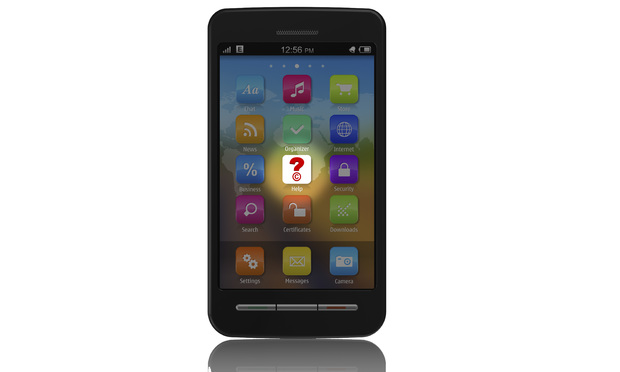For a litigator, few moments compare to when you find the “smoking gun” that blows a litigation wide open. But now, more often than not, smoking guns are on an individual’s smartphone. How is data (such as emails, text messages and instant messages) from smartphones discoverable, and what do you need to show to obtain such access? Also, is a company that is served with a demand for discovery required to produce smartphone data from its employees’ personal devices?
Imagine a client’s horror when you tell them that they have to turn over their phone to an adversary. Plus, New Jersey courts have not provided clear guidance on how the rules are to be applied when a civil litigant seeks text messages. That said, recovery of data from smartphones is particularly important because, unlike email, which is typically recoverable from other primary locations, generally text messages can be obtained only from the smartphone, as cloud-based service providers (Verizon Wireless, AT&T, etc.) retain the contents of text messages only for a short period of time.
The Lack of Clear Standards: What Do You Need to Show?
This content has been archived. It is available through our partners, LexisNexis® and Bloomberg Law.
To view this content, please continue to their sites.
Not a Lexis Subscriber?
Subscribe Now
Not a Bloomberg Law Subscriber?
Subscribe Now
LexisNexis® and Bloomberg Law are third party online distributors of the broad collection of current and archived versions of ALM's legal news publications. LexisNexis® and Bloomberg Law customers are able to access and use ALM's content, including content from the National Law Journal, The American Lawyer, Legaltech News, The New York Law Journal, and Corporate Counsel, as well as other sources of legal information.
For questions call 1-877-256-2472 or contact us at [email protected]



